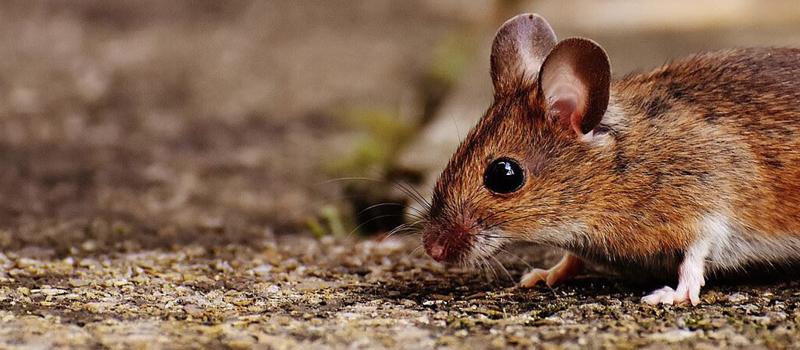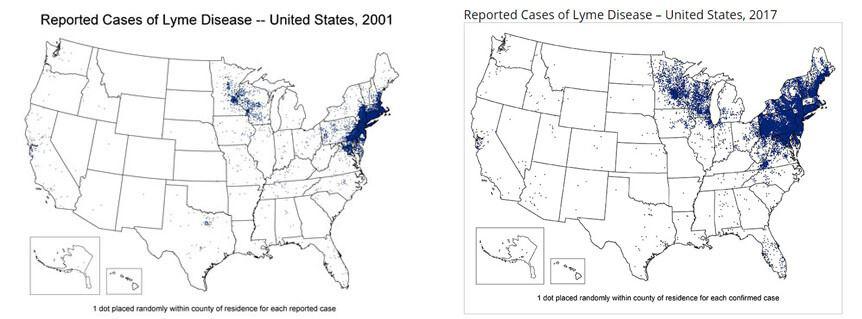Mice Against Ticks: Could New Research Be the Answer to Limiting the Spread of Lyme Disease?
Posted by Mosquito Squad
December 20, 2023
Lyme disease is a familiar issue for most residents in the South Shore. If you haven’t had Lyme yourself, you almost definitely personally know someone who has.
In 2015 the CDC declared Lyme disease an epidemic in our area, and the number of cases has not subsided. Being in the hotbed of this growing nationwide problem, we are also ground zero for a great deal of research aimed at limiting the spread of Lyme and potentially eliminating it eventually.

Using Mice Against Ticks to Battle Lyme Disease
One of those studies is a collaboration between the Cummings School of Veterinary Medicine at Tufts University and Massachusetts Institute of Technology’s Media Lab. The project, Mice Against Ticks, is combining data about white-footed mice gathered for years by Sam Telford’s team at Tufts and the discovery of a specific antibody by Kevin Esvelt’s team at MIT. The identified antibody reportedly can make some mice Lyme-resistant.
They plan to use gene-editing technology to create white-footed mice that are immune to Lyme disease. Together, they want to release the mice into the wild on Martha’s Vineyard and Nantucket to allow the mice to pass the immunity on to their offspring. They hope that over time, they can reduce the transmission of Lyme significantly.
Mice are a reservoir host, passing Lyme disease to ticks when they nest with mice during the larval stage of their life-cycle.
If mice can become immune to Lyme, there could be a significant reduction in Lyme disease.
When Will We Know if Lyme-Immune Mice will Help?
Esvelt and Telford began having regular community meetings on both Nantucket and Martha’s Vineyard back in 2016. They know they need community approval to take this proposed project forward.
First, the mice will have to be tested on an uninhabited island to study any unintended consequences. There are also federal regulations to work through to get the project underway.
In the meantime, we know that the best way to reduce the risk for Lyme disease is to avoid tick bites. To do that you should follow tick safety guidelines when spending time outdoors and always check for ticks when you come back indoors. You can also reduce the number of ticks on your property with our satisfaction guaranteed tick control services. Call today for a free quote!
